Explore the nature of childhood in contemporary society, linking social theory, policy and practice, while developing your academic and research skills
Menu
Home > Courses > Childcare & Early Years > Early Years Foundation Degree (Part-Time)
Explore the nature of childhood in contemporary society, linking social theory, policy and practice, while developing your academic and research skills
The development of children and young people is at the forefront of policy and debate in today’s society. This newly refocused course will provide you with the opportunity to gain in-depth knowledge and understanding of child development and other factors that shape children’s lives from birth.
A key difference between this and other programmes of study is that we help you to develop your understanding from the perspective of children. So, if you’re looking to progress into teaching, working in early years, social care, child and youth policy work and other occupations relating to children, young people and families, then this course could be for you.
You’ll explore the nature of childhood in a contemporary society, referencing relevant social theory and research as well as drawing on current policy and practices in the field, including your own experiences. Newly developed modules across both years of study will assist you in developing your academic and research skills to support you in the transition to higher education.
Key topics include the study of childhood through the perspectives of psychology, sociology, philosophy. The voice of the child is a strong focus throughout the course, along with educational theories and development, inclusivity, and safeguarding.
We’ll help you to develop as a critical thinker; being able to understand and challenge current approaches and policy.
The modules you’ll study are:
Level 4
Level 5
Important Links:
Start Date
September 2025
Mix of face-to-face and online delivery.
Delivery Organisation: University Centre Calderdale College.
Entry Requirements & Interview Process
Applicants should have a pass in a relevant Level 3 award. Those wishing to continue onto Primary Teaching qualifications following the course will need to have Maths and Science at GCSE Grade C or Grade 4 also.
There are no appointed placements undertaken in this course however there is the expectation that potential students either be in full- or part-time employment or volunteering, undertaking at least 12 hours’ voluntary or paid employment per week in an early years setting.
Applicants who demonstrate that they have met the academic requirements, thought about the appropriateness of the programme, have a clear idea of their progression route and have the relevant personal skills and qualities will be invited to interview.
The University Centre actively supports claims for Recognition of Prior Learning. You must show how the learning you have already completed matches the learning that is required on the programme you are applying for.
Progression
On successful completion Students can apply to progress to a BA (Hons) Early Years Top Up. The BA is an entry route to the EYITT/Post Graduate Teaching Certificate.
Assessment Methods
The course is assessed through a range of tasks, designed to reflect some of the skills required in the Early Years sector. These may include written assignments, research tasks, presentations, and planning and creating activities and resources.
Before you hand-in or present a final piece of work there is usually an opportunity for a discussion with your tutor in a one-to-one tutorial. You will be encouraged to submit or present your work-in-progress to your tutor – which will not be graded – to see whether you are on the right lines. There is usually a limit to the amount of feedback that your tutor can give you – please ask them about this.
Your assessed work will go through a rigorous process of internal moderation and then will be checked by an externally appointed person called an external examiner. At each stage this means that marking and grading is checked and may be adjusted.
Course Fees
Early Years FD (Part-Time) 3 Years
£5,950.00 Per Year
Please contact our Student Services Team on 01422 399367 for advice.
All Higher Education students must apply to Student Finance England for assistance towards fees.
The college has an Access to Learning Fund which students may access if they are facing financial difficulties.
Awarding Body
This award is validated by the Open University.
Career Opportunities
Early Years Teacher – Following further study
£22,000 – £35,000
Nursery Nurse/Assistant
£12,000 – £22,000
Calderdale College has a set of standard entry requirements. Apply for the course you want to study and we will help you get there.
There are a lot of courses available – work focused, practical and academic so it is important to think about the future and whether you want to proceed to university, move onto another course or get a job. We offer BTECs, Apprenticeships, T Levels, NVQs, VRQs, Degree Level Courses and more.
If you’re still not sure, don’t worry, just speak to a member of our advice and guidance team who will advise you.




Term Dates
Spring Term
6th Jan 2025 – 14th Feb 2025
24th Feb 2025 – 4th Apr 2025
Summer Term
22nd Apr 2025 – 23rd May 2025
2nd June 2025 – 27th June 2025
Calderdale College
Francis Street
Halifax
West Yorkshire
HX1 3UZ
United Kingdom
